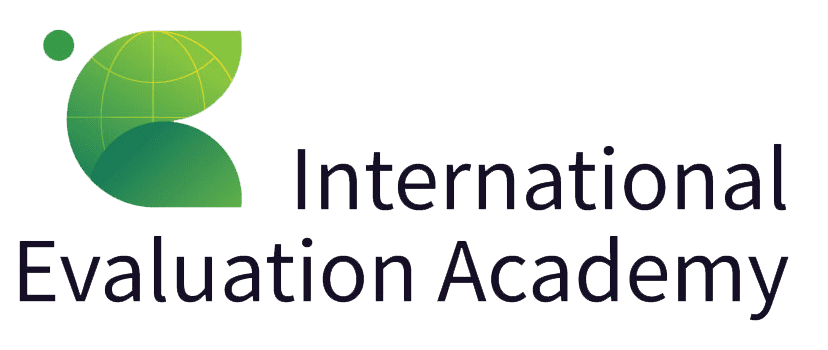The International Evaluation Academy (IEAc) recently hosted an inspiring webinar on one of the most pressing issues of our time: climate change. Moderated by the Academy’s Vice President, Veronica Felis, the event explored the insights of renowned economist and public policy expert, Dr. Vinod Thomas, through his influential book: “Risk and Resilience in the Era of Climate Challenges.”
Key Highlights from the Event
The webinar shed light on how humanity can—and must—adapt to the challenges of climate change through innovative and resilient strategies. Here are the standout insights:
Prevention and Transformative Resilience
Dr. Thomas emphasized that prevention must be central to building resilience. Recovery strategies should not aim to merely restore past conditions but instead focus on “building back better.” This entails being better prepared for future disasters by adopting integrated solutions that combine mitigation, adaptation, and sustainability.
Shifting Paradigms in Evaluation
Evaluators play a pivotal role in addressing climate challenges. By employing mixed methods and focusing on systemic interactions, evaluations can reveal critical links between climate change, social well-being, and economic sustainability. Traditional evaluation frameworks must evolve to incorporate metrics of inclusion, sustainability, and systemic development.
Public-Private Collaboration and Innovative Financing
Dr. Gita Batra, Director of the Independent Evaluation Office at the Global Environment Facility (GEF), underscored the importance of partnerships between public and private sectors to mobilize resources for climate resilience. She highlighted innovative financial mechanisms such as green and resilience bonds, which connect climate solutions with investment opportunities.
Global and Interdisciplinary Perspectives
Dr. Rob van den Berg, former IDEAS President and IEAc founding member, emphasized that addressing climate challenges requires interdisciplinary and international approaches. Integrating climate science with social and economic sciences is essential for designing sustainable solutions.
Urgent Action and a Forward-Thinking Vision
Climate change is more than a technical challenge; it is a global test of our ability to collaborate and transform societies. Dr. Thomas pointed out the urgency of acting decisively, noting that the “black swans” of the past are becoming “gray rhinos”—high-impact events that are no longer improbable but inevitable.
Missed the Webinar?
You can watch the full event on the following link to the Webinar and explore the insightful reflections of our panelists, who shared innovative ideas and practical perspectives on tackling this global challenge.
